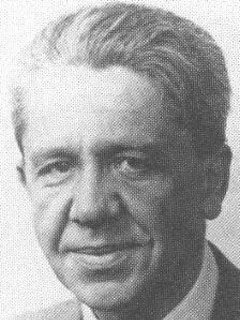
Publication details
Year: 2005
Pages: 417-429
Series: Human Studies
Full citation:
, "Analogues of ourselves", Human Studies 28 (4), 2005, pp. 417-429.
Abstract
What attributions must any actor make to an other in order to engage in face-to-face interaction with that other? Edmund Husserl's use of "analogues" suggests that actors use their own experiences of themselves as a starting pointin making such attributions. Alfred Schutz and Erving Goffman claim that for face-to-face interaction to occur, an other must be recognized as copresent and reciprocity must be established. I assert here that the means for determining that these conditions have been met will vary. I explore a varietyof actors and in particular their differing identifications of interactionally available others and I take as problematicthe establishment of co-presence and reciprocity. Taking others to be "analogues of ourselves" serves as a useful starting point, but worthy of detailed analysis is howand with whom an actor draws the analogy, under what circumstances it comes in for revision, and the interactional consequences of the decisions made.
Cited authors
Publication details
Year: 2005
Pages: 417-429
Series: Human Studies
Full citation:
, "Analogues of ourselves", Human Studies 28 (4), 2005, pp. 417-429.





